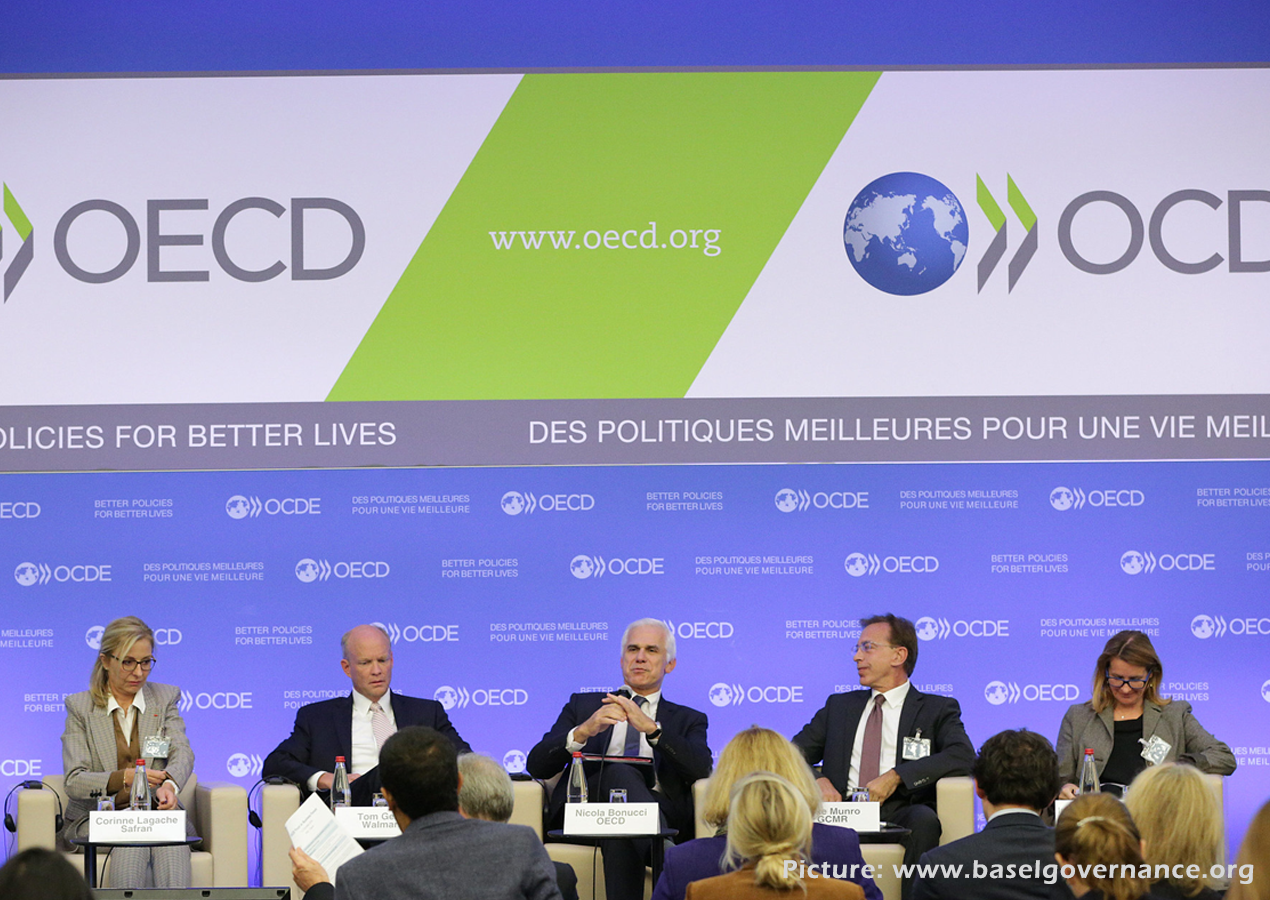OECD: Tax Incentive is Potentially To Be Abused
Friday, 05 June 2020

The Organization for Economic Cooperation and Development (OECD) assessed that a number of tax incentives given during the Corona Virus Disease 2019 (Covid-19) pandemic has the potential to be misused. The assessment is contained in an OECD report entitled Tax Administration: Privacy, Disclosure and Fraud Risk Related to Covid-19, which was uploaded on its official page on 26 May, 2020.
Tax incentive is one of the policies issued by several countries in mitigating the impact of the spread of Covid-19, including Indonesia. Some tax incentives that have been issued by the Indonesian government include, reduction of Corporate Income Tax (CIT), Income Tax Article (ITA) 21 borne by the government (DTP), MSMEs Final Income Tax borne by the government, exemption of ITA 22 on import, reduction of ITA 25 by 30% and the acceleration of Value Added Tax (VAT) refunds.
The OECD cited as an example, the provision of tax incentives given in connection with the number of workers is a gap for a some companies to make fictitious data related to the number of employees and the amount of wages provided, for instance by creating a new company. Such modes have the potential to escape the inspection conducted by tax authority because of the lack of supervision due to the long-distance work patterns carried out by the tax authority.
Read: Covid-19 Spreading Escalates, the Recipient of Tax Incentive Widened to MSMEs
In addition, it also potentially raises the tax fraud by business actors, by conducting transactions without providing receipts so that they can avoid the obligation to pay VAT. It also includes the risk of tax avoidance, which is carried out with the employee salary payment scheme in cash, thus avoiding the obligation to cut tax.
Besides the risk of misuse of incentive facilities and tax avoidance, this report also containes other risks that are caused by the Covid-19 pandemic. As such, the risk of data security system caused by remote working pattern. The policy of a number of countries to enforce work from home (WFH) makes sending data done remotely using information technology, which allows it to be accessed by unauthorized parties.
In addition, WFH can also have a negative impact on the psychology of tax officials, thereby affecting their performance in providing tax administration services.


